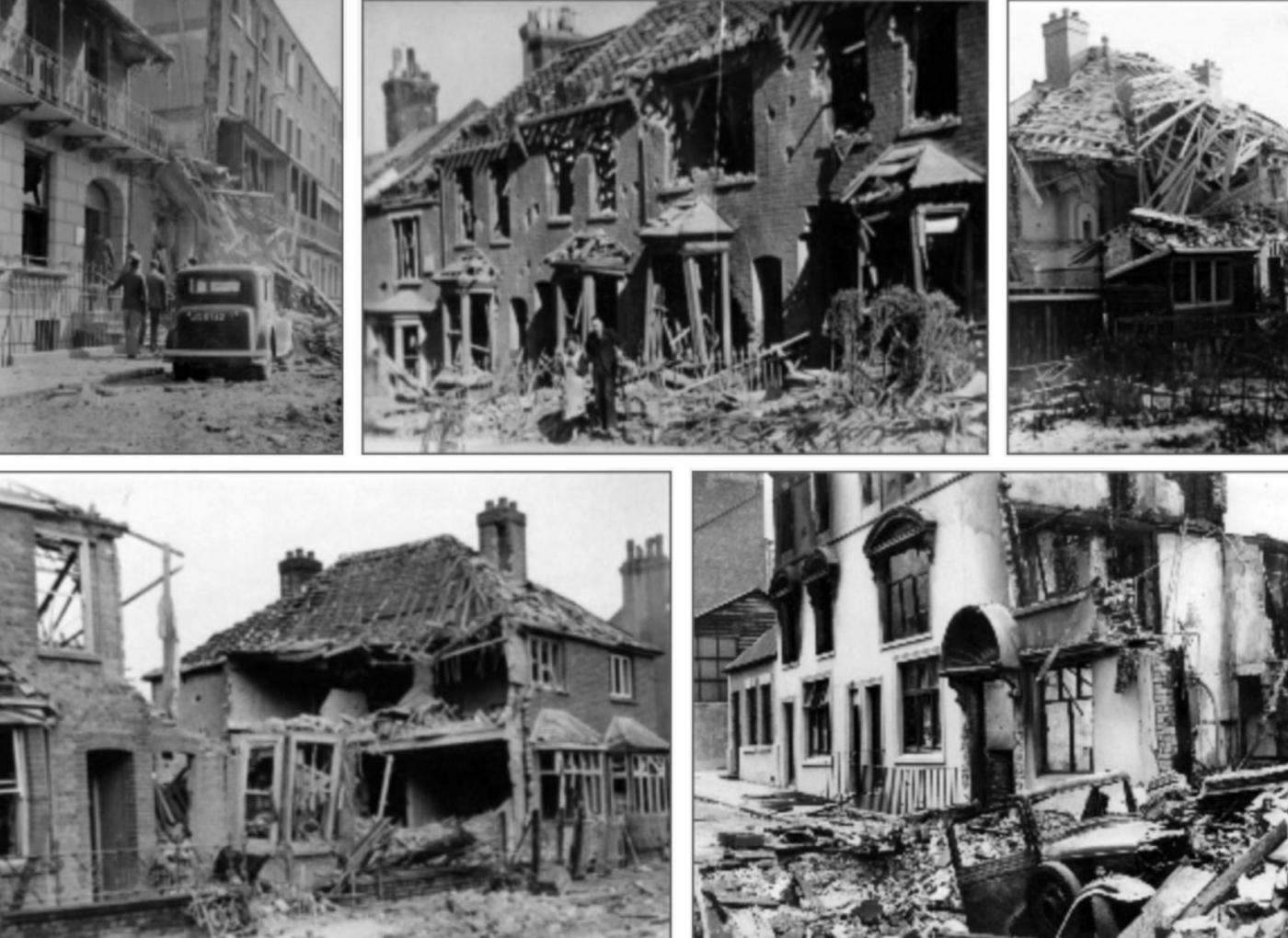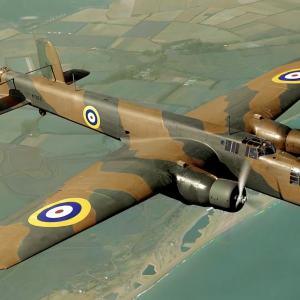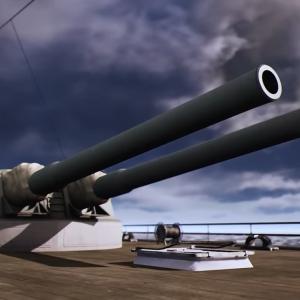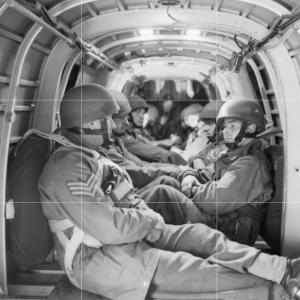
On this day in military history
On the night of 24th August 1940, London, Ramsgate, and Portsmouth endured the heaviest and most devastating Luftwaffe bombing raids since the beginning of the Blitz. The German Luftwaffe launched a massive aerial assault, involving over 300 bombers escorted by nearly 200 fighter planes. This unprecedented scale of attack marked a grim escalation in the Battle of Britain, causing extensive destruction and loss of life across key British cities.
In London alone, the Luftwaffe dropped more than 1,500 high-explosive bombs and thousands of incendiaries, targeting both residential and industrial districts. Entire neighborhoods were reduced to rubble as fires raged uncontrollably throughout the night. The docks, railway yards, and communication hubs suffered severe damage, disrupting vital supply and transport routes.
Ramsgate, a crucial port town on the southeast coast, faced relentless bombing waves that flattened large sections of its harbor and residential areas. More than 500 bombs fell over Ramsgate, destroying warehouses, dock facilities, and homes. Portsmouth, a major naval base, was similarly battered, with around 600 bombs dropped on the city. The attacks crippled several shipyards and damaged key military installations, seriously impacting naval operations.
The human toll was devastating. Casualty reports indicated that over 1,200 civilians were killed or seriously injured across the three cities. Emergency services worked through the night, battling blazes and rescuing survivors from the wreckage.
Winston Churchill, upon receiving news of the extensive destruction and the scale of the Luftwaffe’s operation, was incensed by the blatant assault on British cities. In a resolute response, Churchill immediately ordered a retaliatory bombing raid on Berlin. The directive was clear: British forces were to strike at the heart of Germany’s industrial war machine, focusing on factories and infrastructure critical to the Nazi war effort.
This marked a pivotal moment in the air war, signaling that Britain would no longer endure attacks passively but would hit back with full force. The bombing of Berlin served as both a strategic and symbolic retaliation, demonstrating British resilience and resolve in the face of relentless aerial bombardment.
The raids on 24th August thus stand as a grim milestone in the Battle of Britain—highlighting the escalating ferocity of the Luftwaffe’s campaign and Britain’s determined counterstrike under Churchill’s leadership.










